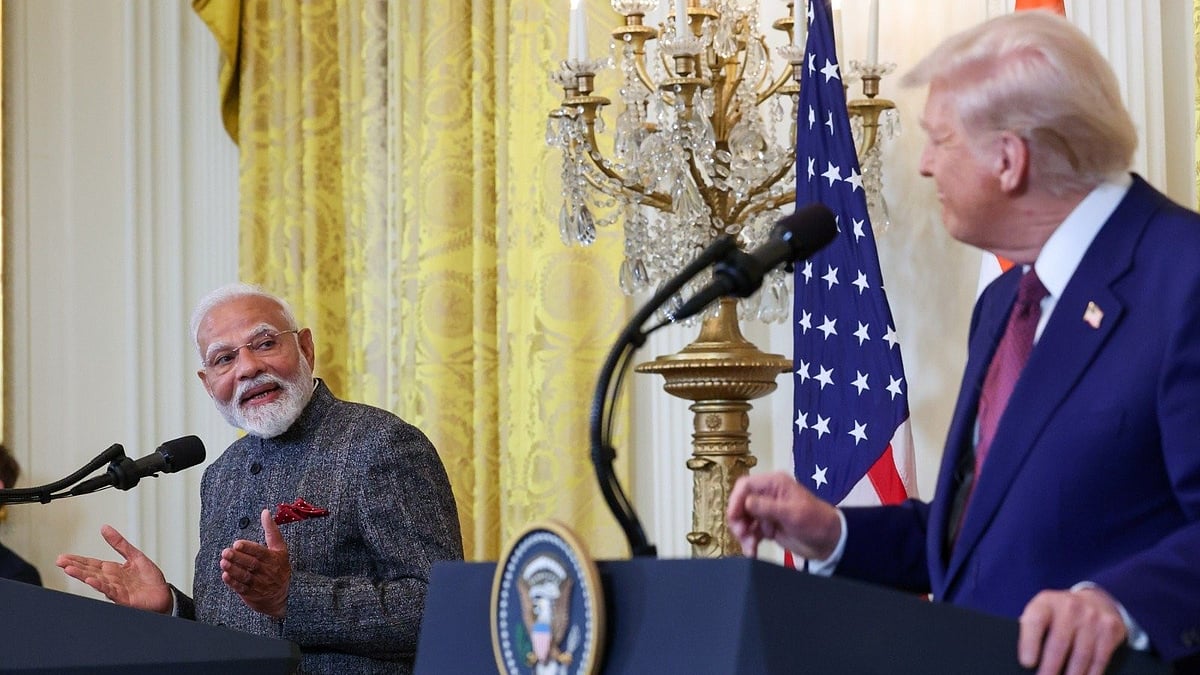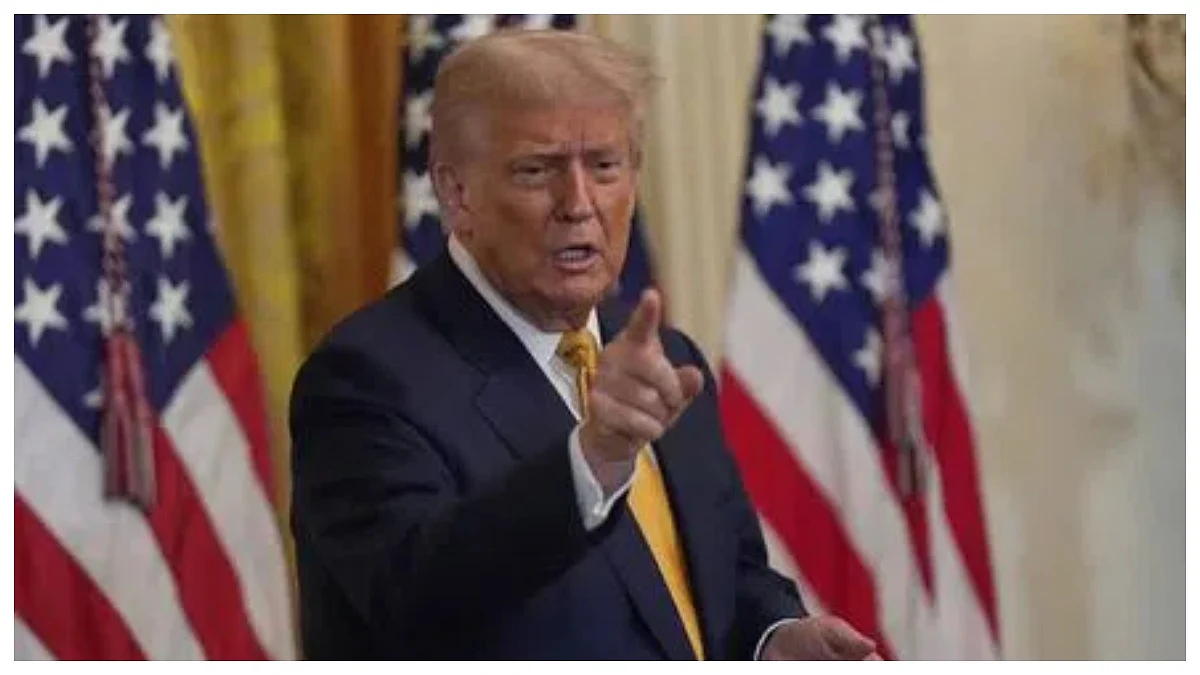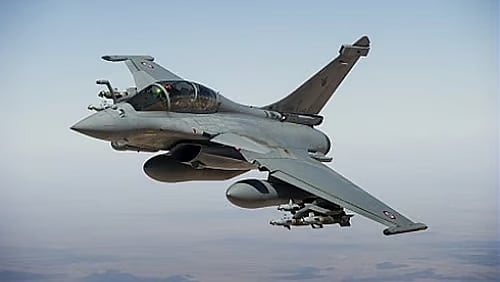US President Joe Biden again stated outright that the United States would come to Taiwan's defense in case of an attack on the island, in a comment that is all but sure to draw Beijing's ire.
Speaking on CBS News' '60 Minutes,' Biden stated "yes" when asked by the interviewer whether “US forces, US men and women, would defend Taiwan in the event of a Chinese invasion.”
The interview, which aired on Sunday, immediately prompted the White House to issue a clarification stating that US policy regarding Taiwan "had not changed."
This is not the first time Biden has stated a position that runs contrary to officially-stated US policy on Taiwan.
On the contrary, Biden has twice before stated an affirmative answer to the question of whether the US would come to Taiwan's defense in case of an attack by China -- in October 2021 and then again in May this year. Both resulted in the White House issuing a statement soon afterwards, clarifying that US police on Taiwan remained unchanged.
Taiwan and China split in 1949 after a civil war that ended with the Communist Party in control of the mainland. The two governments say they are one country but dispute which is entitled to be the national leader.
Beijing criticizes official foreign contact with Taiwan’s elected government as encouragement to make its de facto independence permanent, a step the mainland says would lead to war.
Taiwan test for US policy
Washington's policy on Taiwan is commonly referred to as one of "strategic ambiguity" -- the US does not officially commit itself to defending Taiwan, but nor does it explicitly rule it out.
This issue is at the cornerstone of United States–Taiwan relations and a central sticking point in United States–China relations. This policy was intended to discourage both a unilateral declaration of independence by ROC leaders and an invasion of Taiwan by the PRC.
Tension is rising following efforts by Chinese President Xi Jinping’s government to intimidate Taiwan by firing missiles into the nearby sea and flying fighter jets nearby and visits to Taipei by political figures, including US House Speaker Nancy Pelosi.
That visit infuriated Beijing, and following it China announced a multi-day large scale military exercise around the island -- hundreds of Chinese warplanes and dozens of Chinese warships carried out menacing maneouvers in close vicinity on all sides of the island, and China for the first time tested ballistic missiles that directly overflow the capital Taipei.











